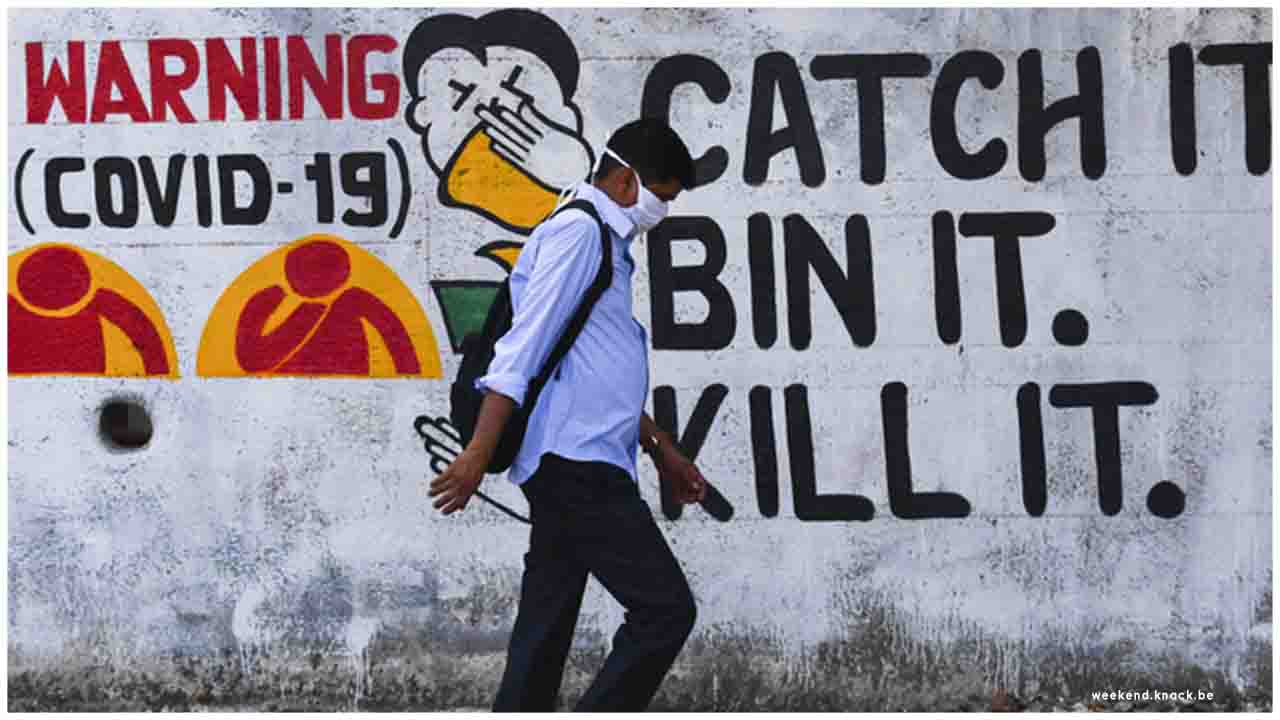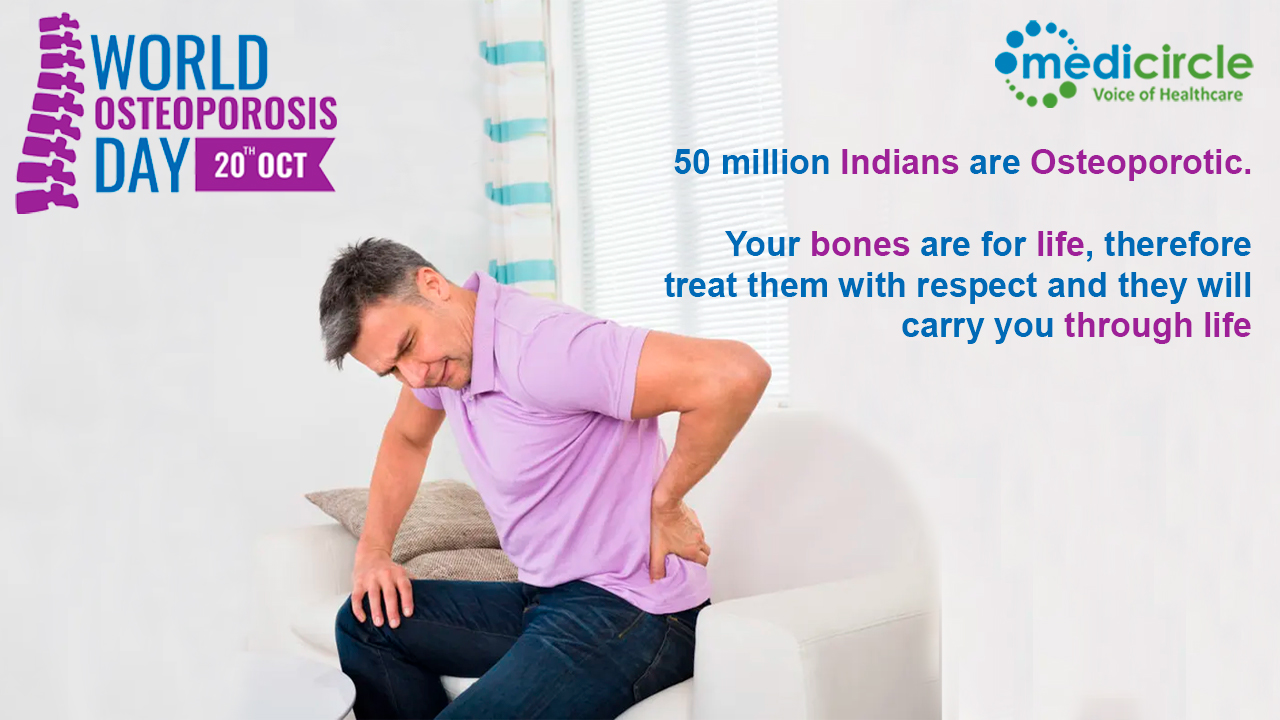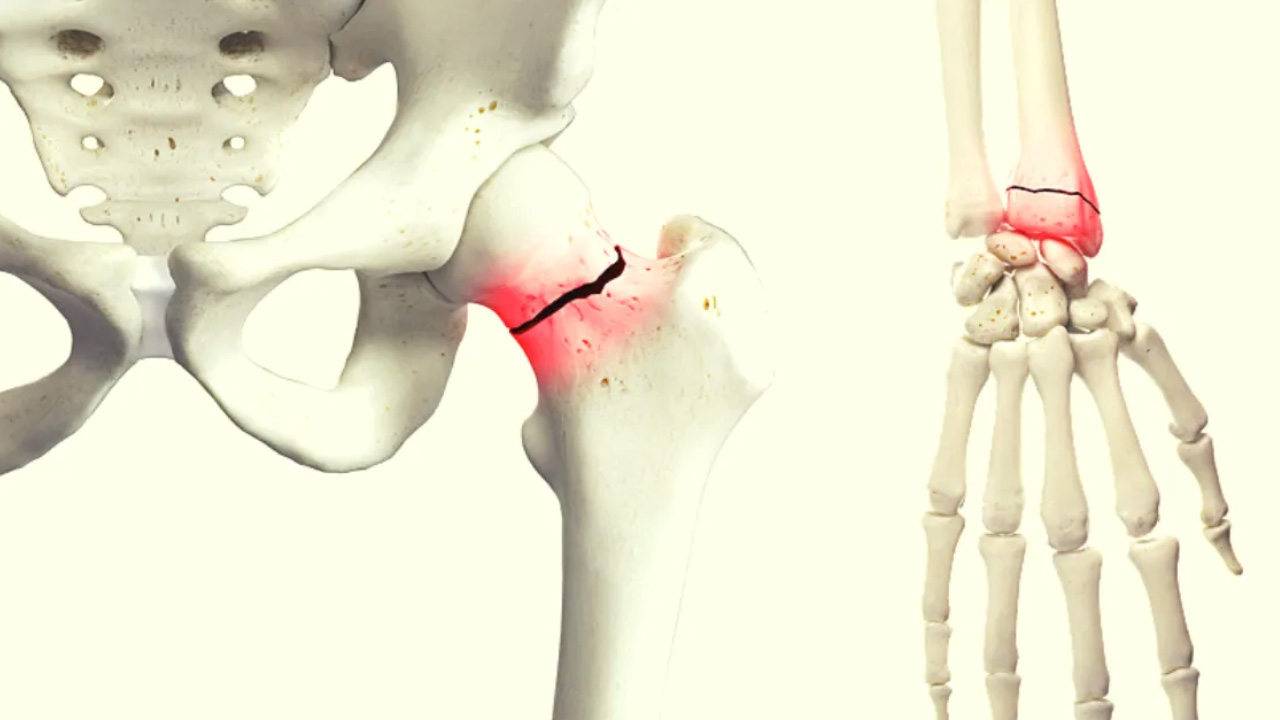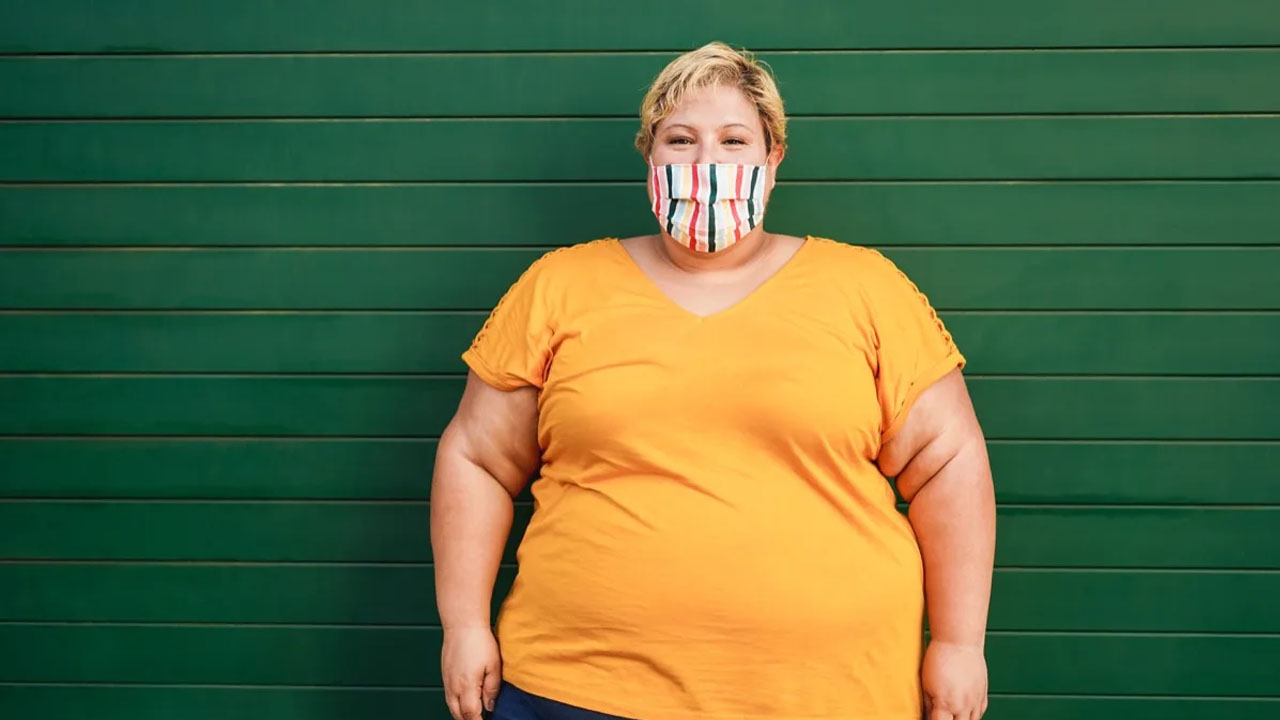With the highest-ever single-day spike of 45,720 cases, India's COVID-19 tally crossed the 12-lakh mark on Thursday, while the death toll mounted to 29,861 with a record 1,129 fatalities in a day, according to the Union Health Ministry data.
The country crossed the 12-lakh mark just three days after it crossed the 11-lakh milestone.
The coronavirus caseload in the country surged to 12,38,635, while 7,82,606 people have recovered so far in the country, according to the data updated by Health Ministry at 8 am.
Meanwhile, yesterday WHO launched, COVID-19 Law Lab initiative, which gathers and shares legal documents from over 190 countries across the world to help states establish and implement strong legal frameworks to manage the pandemic. The goal is to ensure that laws protect the health and wellbeing of individuals and communities and that they adhere to international human rights standards.
The new Lab (at www.COVIDLawLab.org) is a joint project of the United Nations Development Programme (UNDP), the World Health Organization (WHO), the Joint United Nations Programme on HIV/AIDS (UNAIDS) and the O’Neill Institute for National and Global Health Law at Georgetown University.
Well-designed laws can help build strong health systems; evaluate and approve safe and effective drugs and vaccines; and enforce actions to create healthier and safer public spaces and workplaces. Critically, they are key to effective implementation of the WHO International Health Regulations: surveillance; infection prevention and control; management of travel and trade; and implementation of measures to maintain essential health services.
“Laws and policies that are grounded in science, evidence and human rights can enable people to access health services, protect themselves from COVID-19 and live free from stigma, discrimination and violence,” says Achim Steiner, UNDP Administrator. “The COVID-19 Law Lab is an important tool for sharing good practices on laws and policies.”
The COVID-19 pandemic has seen a vast increase in urgent legislative action to control and reduce the pandemic.
“Strong legal frameworks are critical for national COVID-19 responses,” said Dr. Tedros Adhanom Ghebreyesus, WHO Director-General. “Laws that impact health often fall outside the health sector. As health is global, legal frameworks should be aligned with international commitments to respond to current and emerging public health risks. A strong foundation of law for health is more important now than ever before.”
However, laws that are poorly designed, implemented, or enforced can harm marginalized populations, entrench stigma and discrimination, and hinder efforts to end the pandemic.
“Harmful laws can exacerbate stigma and discrimination, infringe on people’s rights and undermine public health responses,” according to Winnie Byanyima, Executive Director of UNAIDS. “To ensure responses to the pandemic are effective, humane and sustainable, governments must use the law as a tool to uphold the human rights and dignity of people affected by COVID-19.”
The COVID-19 Law Lab is a database of laws that countries have implemented in response to the pandemic. It includes state of emergency declarations, quarantine measures, disease surveillance, legal measures relating to mask-wearing, social distancing, and access to medication and vaccines. The database will continue to grow as more countries and themes are added.
It will also feature research on different legal frameworks for COVID-19. These analyses will focus on the human rights impacts of public health laws and help countries identify best practices to guide their immediate responses to COVID-19 and socioeconomic recovery efforts once the pandemic is under control. It builds off the work of the UHC Legal Solutions Network, which was established to help countries achieve universal health coverage through the implementation of rights-based legal frameworks.
“We need to track and evaluate how laws and policies are being used during the Pandemic to understand what works,” said Dr. Matthew M. Kavanagh, faculty in Georgetown University’s Department of International Health. Katie Gottschalk, Executive Director of the O’Neill Institute for National and Global Health Law at Georgetown University Law Center added, “We must learn lessons from the early stage of pandemic policies to implement the most effective laws going forward – the COVID-19 Law Lab allows us to do just that.”

 India pandemic number continues to grow
India pandemic number continues to grow




















.jpeg)

.jpeg)










.jpg)




.jpg)

